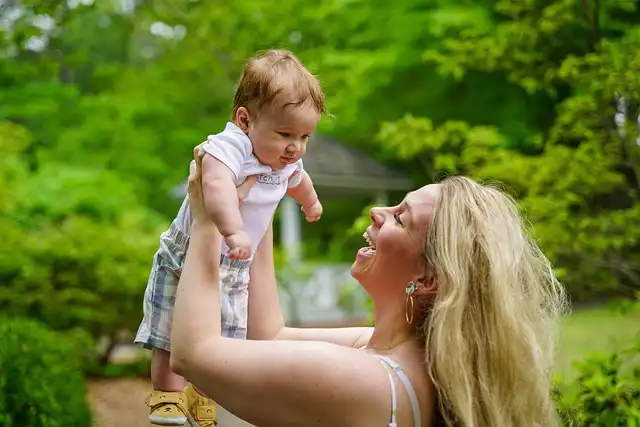Ohio LGBTQ+ Custody Case: Retroactive Marriage Equality?

Ohio Supreme Court to decide on LGBTQ+ custody case involving a former common-law relationship. The ruling will determine if marriage equality applies retroactively to non-biological parents. Custody battle, legal parent.
The couple split in 2014 however shared the duty of the youngsters, and Shahani still detailed Edmonds as a moms and dad at the kids’s college. In 2016, the pair consented to dissolve their “marital relationship like partnership” and set a visitation timetable.
Background of the Custody Dispute
A kid protection situation before the Ohio Supreme Court is expected to have varied effects for some LGBTQ+ households. The situation will certainly decide whether that judgment retroactively applies to nonbiological parents in common-law relationships in the state, Court Information Ohio reports.
Shahani states the entire case is moot since the pair were never married, so the Obergefell decision need to not apply to their case. Because Ohio banned the recognition of common-law marriages in 1991, she refutes she ever intended to marry Edmonds but claims that factor is additionally moot.
In 2017, nevertheless, Shahani eliminated Edmonds from the children’s surnames, relocated the kids to a different institution, and advised managers not to provide details regarding the children to Edmonds. Considering that Edmonds was not recognized as a lawful parent of the kids, she was not informed of any one of the actions by Shahani. The following year, Shahani submitted to cut the original visitation arrangement and asked to be identified as the sole moms and dad of the youngsters. Edmonds likewise sued, asking for complete recognition, visitation, and parenting duties.
Court Battles and Conflicting Rulings
The courts have actually provided a series of contrasting judgments in the case. A juvenile court at first kept the visitation contract in place however refused to identify Edmonds as a parent. Edmonds appealed, and the charms courts partly agreed, sending the case back to the juvenile court to discover whether the pair would certainly have been wed if marriage equal rights had actually been identified throughout their connection. Shahani appealed that judgment, and the case is now prior to the state’s highest possible court.
Priya Shahani and Carmen Edmonds were in a common-law marriage from 2003 to 2014. She claims they traveled to Boston to obtain married however reconsidered due to the fact that marriage equality was not recognized in Ohio, according to an amicus quick submitted by the American Civil Liberties Union of Ohio on part of Edmonds.
Couple’s Relationship and Family Planning
A kid custody situation before the Ohio Supreme Court is expected to have wide-ranging effects for some LGBTQ+ families. The case involves two ladies that started a relationship and family members yet broke up prior to Obergefell v. Hodges, the United state Supreme Court choice identifying marital relationship equal rights. The situation will determine whether that judgment retroactively uses to nonbiological parents in common-law partnerships in the state, Court Information Ohio records. Edmonds appealed, and the allures courts partially concurred, sending out the case back to the adolescent court to explore whether the couple would have been married if marriage equal rights had actually been acknowledged throughout their connection.
In 2011, the pair made a decision to begin a family. As a result of Edmonds’s wellness worries, the pair chose to artificially inseminate Shahani using the sperm of an anonymous contributor of Colombian descent, chosen because he had the exact same ethnic culture as Edmonds.
1 child custody case2 LGBTQ+ families
3 marriage equality
4 non-biological parent
5 Ohio Supreme Court
« LGBTQ+ Youth: Financial Instability & Mental Health CrisisUS Aid Freeze Impacts LGBTQ+ Migrants & Shelters in Mexico »
